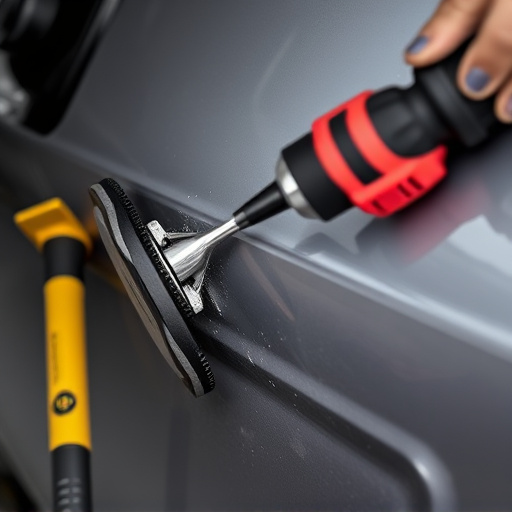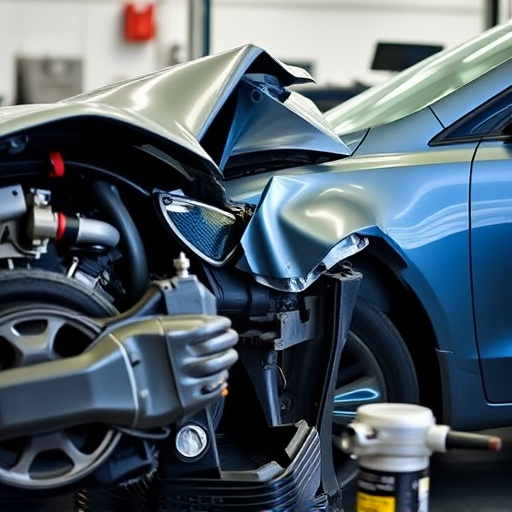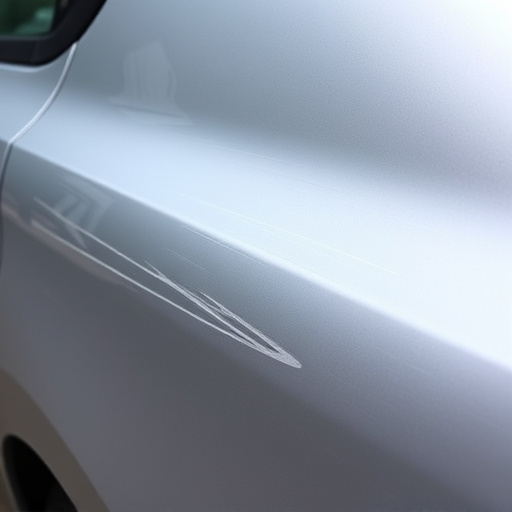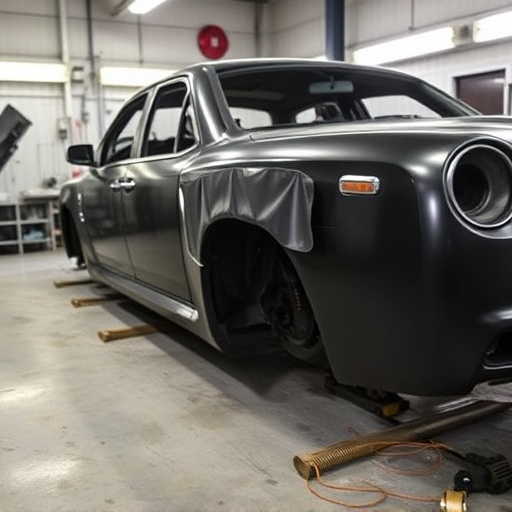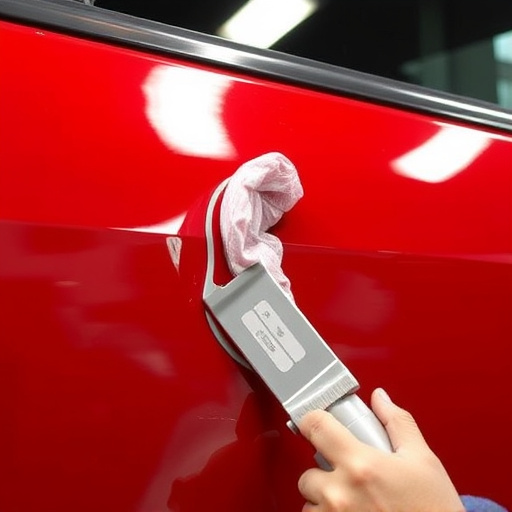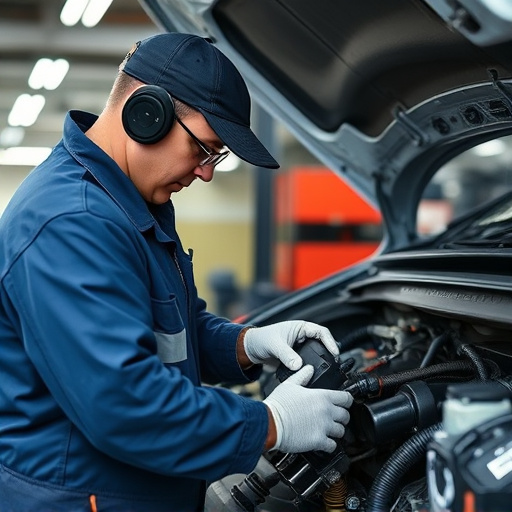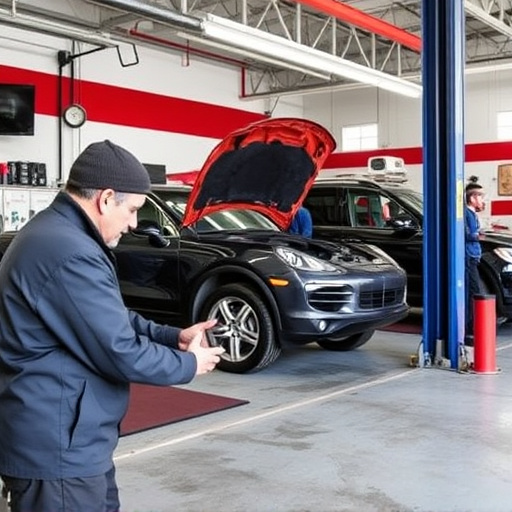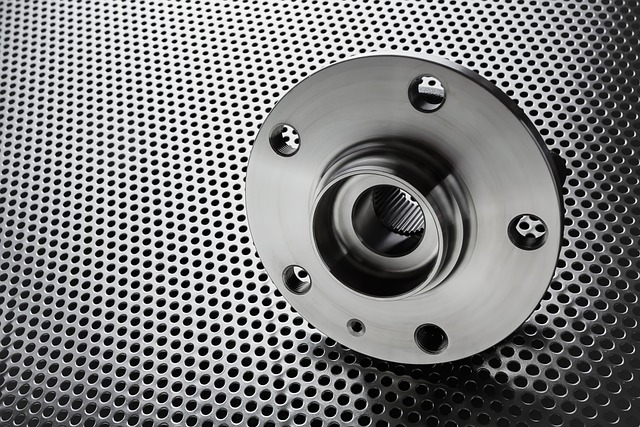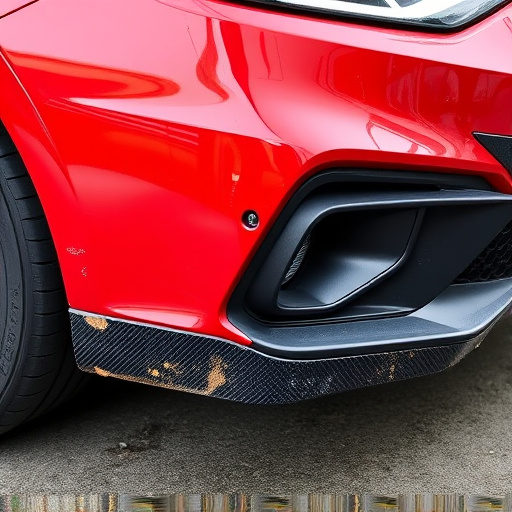Frame repair safety standards are crucial guidelines for auto shops, prioritizing employee and customer safety through risk management in machinery operation, material handling, and frame straightening. Adherence demonstrates commitment to quality service, involving PPE protocols, tool handling, training, inspections, and fostering safety cultures. Compliance has evolved from best practice to essential component, enhancing shop reputation, preventing accidents, minimizing mistakes, and ensuring precision in frame repairs, ultimately building trust with customers, particularly in competitive luxury markets.
“Frame repair safety standards are transforming the automotive industry, holding shops accountable for their practices. This article explores the evolving landscape of these standards and their profound effects. We delve into how understanding and adhering to regulations enhance shop accountability, ensuring customer safety and protection. By examining compliance, reputation management, and best practices, businesses can navigate the crucial aspects of frame repair, fostering trust and confidence among clients.”
- Understanding Frame Repair Safety Standards
- Enhancing Shop Accountability Through Compliance
- The Impact of Safety Standards on Reputational Management
Understanding Frame Repair Safety Standards
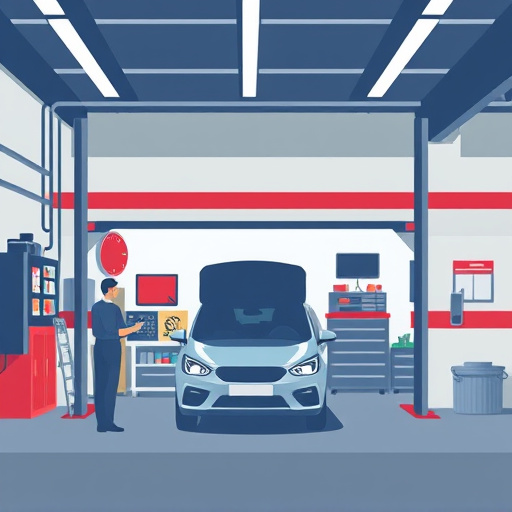
Frame Repair Safety Standards are crucial guidelines designed to ensure the well-being of both employees and customers in automotive body shops offering frame straightening and car repair services. These standards provide a comprehensive framework for managing risks associated with heavy machinery, hazardous materials, and intricate procedures involved in frame repairs. By adhering to these regulations, shops demonstrate their commitment to maintaining a safe working environment and delivering high-quality services.
Understanding Frame Repair Safety Standards involves familiarizing oneself with specific protocols related to personal protective equipment (PPE), proper handling of tools and chemicals, and effective training programs. These standards require that automotive body shops implement robust safety measures, conduct regular inspections, and foster a culture of continuous improvement in their safety practices. Such proactive approaches not only protect individuals but also enhance the overall reputation of car repair services provided by the shop.
Enhancing Shop Accountability Through Compliance
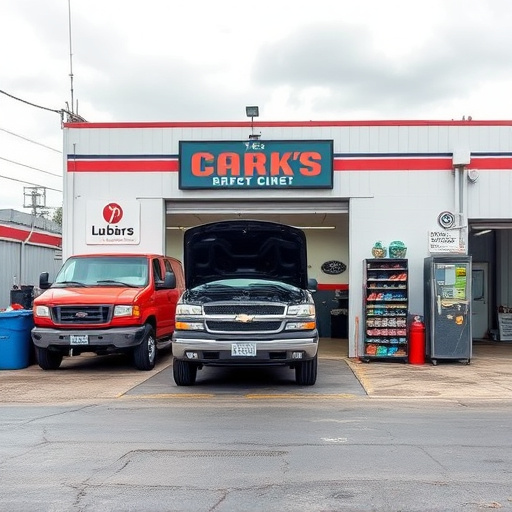
Adhering to frame repair safety standards is no longer merely a best practice for auto repair shops; it’s an essential component of enhancing shop accountability and maintaining customer trust. By implementing stringent compliance measures, collision repair services can demonstrate their commitment to quality and safety in automotive body work. This not only protects the integrity of the vehicle but also ensures the well-being of employees and customers who frequent these establishments.
Compliance with frame repair safety standards involves a multifaceted approach. It includes utilizing certified technicians, investing in advanced equipment, and maintaining a clean, organized workspace. By prioritizing these aspects, auto repair shops can uphold higher standards of professionalism and responsibility. Consequently, they foster an environment where accidents are prevented, mistakes are minimized, and every frame repair job is executed with precision and care.
The Impact of Safety Standards on Reputational Management
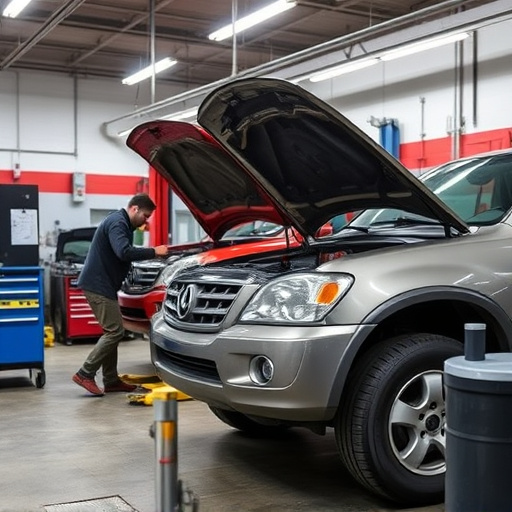
Frame repair safety standards play a pivotal role in reputational management for automotive repair shops. Adherence to these stringent guidelines is no longer merely a legal requirement but has become a key differentiator in an intensely competitive market, especially when it comes to luxury vehicle repair. Customers increasingly recognize and appreciate businesses that prioritize safety, which can significantly enhance their brand image and customer loyalty.
In the realm of car dent removal and broader automotive repair services, shops that implement robust frame repair safety standards are viewed as responsible and reliable. This not only attracts a wider customer base but also fosters trust, ensuring long-term success and a positive reputation in a highly visible industry.
The implementation of stringent frame repair safety standards is a game-changer for automotive shops, fostering a culture of accountability and enhancing customer trust. By adhering to these guidelines, businesses can ensure a robust quality control process, minimizing risks and potential reputational damage. This focus on compliance not only protects consumers but also positions workshops as responsible industry leaders, ultimately strengthening their market standing and reputation management.
